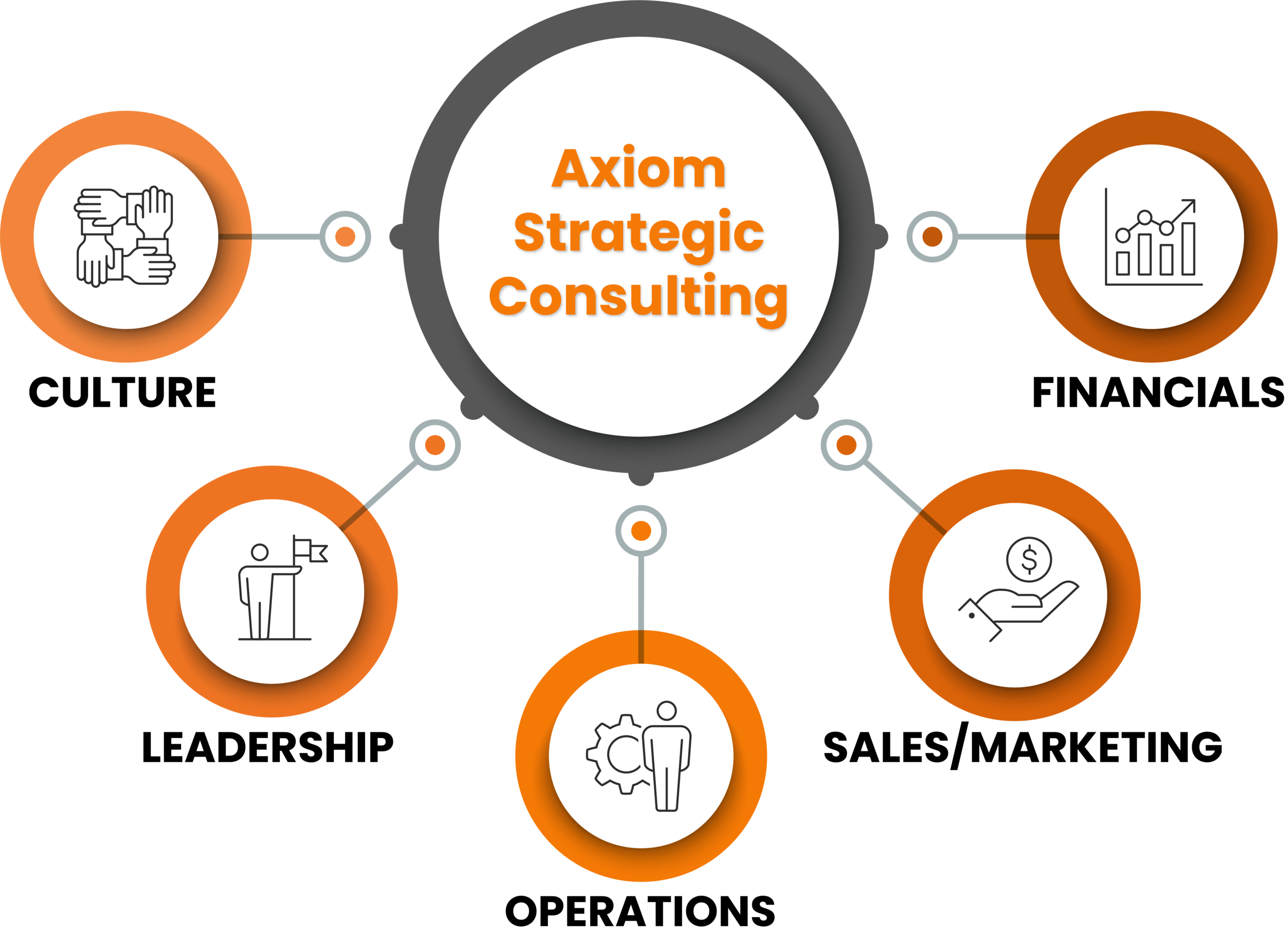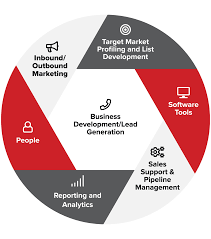Navigating Business Success: The Essential Role of a Strategic Consultant
The Role of a Strategic Consultant in Business
In the dynamic and competitive world of business, companies often seek the expertise of strategic consultants to help them navigate challenges and achieve their goals. A strategic consultant is a professional who provides strategic advice and guidance to organizations to improve their performance and competitiveness.
Key Responsibilities of a Strategic Consultant
Strategic consultants work closely with senior management teams to analyze the current state of the business, identify areas for improvement, and develop strategic plans to drive growth and success. Some key responsibilities of a strategic consultant include:
- Conducting in-depth analysis of market trends, competitors, and internal operations
- Identifying opportunities for growth and efficiency enhancements
- Developing strategic plans and initiatives to achieve long-term objectives
- Providing recommendations on organizational structure, processes, and resource allocation
- Evaluating the effectiveness of implemented strategies and making adjustments as needed
Skills Required for Success
To excel as a strategic consultant, individuals need a diverse set of skills that combine analytical thinking, business acumen, communication abilities, and project management expertise. Some essential skills for a successful strategic consultant include:
- Strategic thinking and problem-solving capabilities
- Data analysis and interpretation skills
- Strong communication and presentation skills
- Ability to work collaboratively with diverse teams
- Project management proficiency to ensure successful implementation of strategies
The Value of Strategic Consultants
Strategic consultants play a crucial role in helping organizations adapt to changing market conditions, seize opportunities for growth, and stay ahead of competitors. By leveraging their expertise and insights, companies can make informed decisions that drive sustainable success in the long run.
In conclusion, the role of a strategic consultant is instrumental in guiding businesses towards achieving their strategic objectives by providing valuable advice, innovative solutions, and actionable plans. Their contribution is vital in shaping the future trajectory of organizations in today’s fast-paced business environment.
8 Essential Tips for Effective Strategic Consulting
- Understand the client’s business goals and objectives thoroughly.
- Conduct in-depth research and analysis to identify opportunities and challenges.
- Develop tailored strategies that align with the client’s vision and resources.
- Communicate effectively with all stakeholders involved in the strategy implementation.
- Stay updated on industry trends and best practices to provide innovative solutions.
- Monitor key performance indicators to track progress and make necessary adjustments.
- Provide clear recommendations supported by data and insights.
- Maintain a proactive approach to anticipate potential issues and mitigate risks.
Understand the client’s business goals and objectives thoroughly.
To be an effective strategic consultant, it is crucial to thoroughly understand the client’s business goals and objectives. By gaining a deep insight into what the client aims to achieve, a consultant can tailor strategic recommendations and plans that align with the company’s vision. Understanding the client’s aspirations allows the consultant to provide targeted advice that directly contributes to the realization of those goals, fostering a collaborative and productive partnership between the consultant and the client.
Conduct in-depth research and analysis to identify opportunities and challenges.
To be an effective strategic consultant, it is essential to conduct thorough research and analysis to uncover potential opportunities and challenges facing a business. By delving deep into market trends, competitor strategies, and internal operations, consultants can gain valuable insights that inform strategic decision-making. Identifying both favorable prospects for growth and potential obstacles allows consultants to develop tailored strategies that maximize benefits and mitigate risks, ultimately leading to more successful outcomes for their clients.
Develop tailored strategies that align with the client’s vision and resources.
To excel as a strategic consultant, it is essential to develop tailored strategies that align closely with the client’s vision and available resources. By understanding the client’s goals, constraints, and unique characteristics, a strategic consultant can create customized plans that maximize the client’s potential for success. This approach ensures that strategies are not only effective but also practical and feasible within the client’s organizational context, ultimately leading to sustainable growth and competitive advantage.
Communicate effectively with all stakeholders involved in the strategy implementation.
Effective communication with all stakeholders involved in the strategy implementation is paramount for the success of a strategic consultant. Clear and transparent communication ensures that everyone understands their roles, responsibilities, and the overall strategic direction. By engaging with stakeholders proactively, addressing concerns, and soliciting feedback, a strategic consultant can foster collaboration and alignment towards common goals. This open communication approach not only builds trust but also enhances the likelihood of successful strategy execution and positive outcomes for the organization.
Stay updated on industry trends and best practices to provide innovative solutions.
To excel as a strategic consultant, it is essential to stay updated on industry trends and best practices. By keeping abreast of the latest developments in the business landscape, strategic consultants can offer innovative solutions that address current challenges and capitalize on emerging opportunities. Continuous learning and staying informed about industry advancements enable strategic consultants to provide valuable insights and recommendations that drive success for their clients.
Monitor key performance indicators to track progress and make necessary adjustments.
Monitoring key performance indicators (KPIs) is essential for a strategic consultant to track progress and make informed decisions. By regularly assessing KPIs related to the organization’s objectives, such as revenue growth, customer satisfaction, or operational efficiency, the consultant can identify areas of success and areas needing improvement. Analyzing these metrics allows for timely adjustments to strategies and tactics, ensuring that the business stays on course towards its goals. Effective monitoring of KPIs enables strategic consultants to provide valuable insights and recommendations that drive continuous improvement and sustainable success for their clients.
Provide clear recommendations supported by data and insights.
When serving as a strategic consultant, it is imperative to offer clear recommendations that are backed by thorough data analysis and valuable insights. By presenting well-supported suggestions, based on a deep understanding of the business environment and market dynamics, consultants can instill confidence in their clients and facilitate informed decision-making processes. Clear recommendations supported by data and insights not only enhance the credibility of the consultant but also increase the likelihood of successful implementation and positive outcomes for the organization seeking strategic guidance.
Maintain a proactive approach to anticipate potential issues and mitigate risks.
To excel as a strategic consultant, it is crucial to maintain a proactive approach in order to anticipate potential issues and effectively mitigate risks. By staying ahead of challenges and identifying them before they escalate, strategic consultants can develop proactive strategies that help organizations navigate uncertainties with agility and resilience. This forward-thinking mindset not only enhances decision-making processes but also ensures that businesses are well-prepared to address emerging threats and seize opportunities for sustainable growth.








